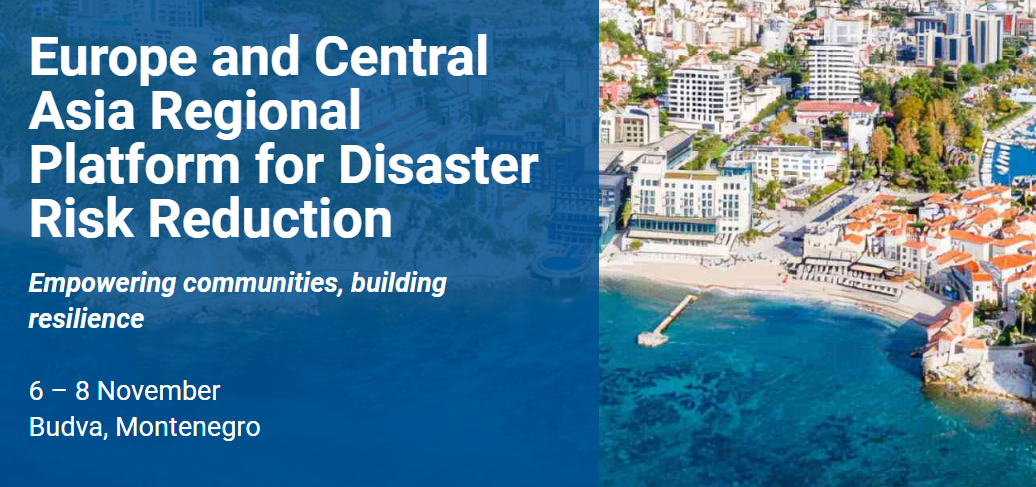
Strengthening Disaster Risk Reduction through Science and Policy: A Multi-Level Approach
The webinar, part of the Europe and Central Asia Regional Platform for Disaster Risk Reduction, was organized by the UNDRR E-STAG – Science and Technology Advisory Group for Europe to address the role of scientific and technical expertise in shaping disaster risk reduction (DRR) policies.
The panel discussed integrating the Sendai Framework into DRR strategies at national and local levels, showcasing successful science-policy collaborations across Europe and Central Asia. Key topics included the challenges of translating scientific insights into actionable measures, the influence of scientific advice on EU policies, and examples of effective DRR initiatives. Moderated by Christian Resch from the Disaster Competence Network Austria (DCNA), the webinar has featured E-STAG members Dilanthi Amaratunga (University of Huddersfield), Alex Altshuler (Israel National Emergency Management Authority), Daniela Di Bucci (Italian Civil Protection Department), Jaroslav Mysiak (CMCC), and Elena Arefieva (All-Russian Research Institute for Civil Defense).
In his panel intervention, Mysiak discussed successful collaboration models between science, policy, and practice, highlighting pioneering research and community engagement efforts in projects such as NATURANCE. In NATURANCE, multi-stakeholder engagement is fostered through a “network of networks” that brings together expertise from diverse fields—including financial innovation, nature-based solution (NbS) advocacy, regional and local capacity building, and risk assessment—within innovation labs aimed at solutions. Mysiak explained that NATURANCE aims to connect NbS, which are both cost-effective and comparable to engineering solutions for hazard mitigation, with financial instruments like nature-based insurance and investment. This approach integrates ecosystem services into financial models to enhance climate resilience.
The recording will be available at this link.

